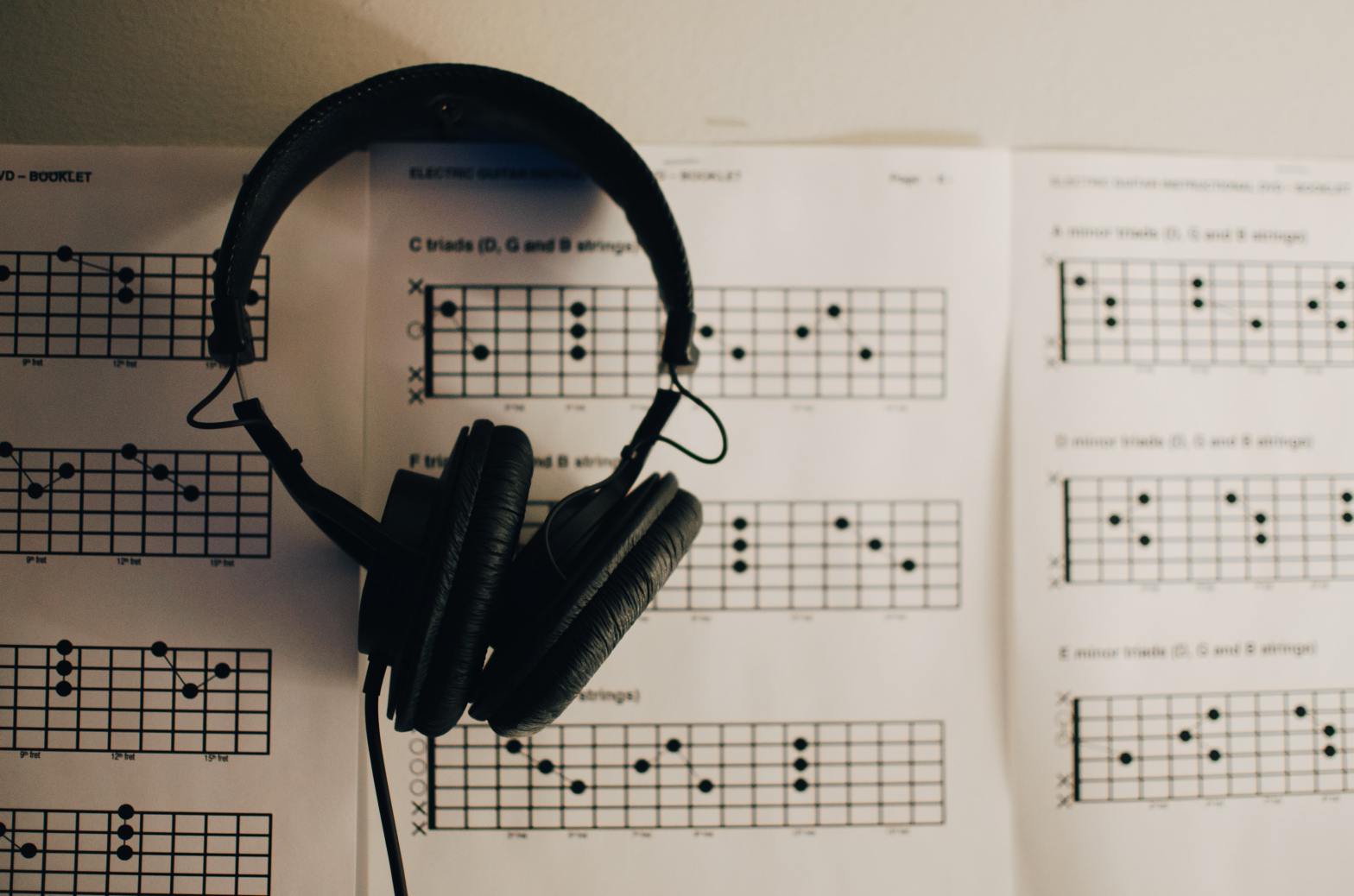Reading is a magical thing, but sometimes, it can be pretty challenging to focus. Is listening to music a reasonable solution for this? Surprisingly, yes: depending on your individual learning style, reading along to music might make the act of reading easier.
The rest of this article will discuss the five main benefits of this practice, so you can decide whether or not reading with background music is something you want to try.
1. Music Helps You Get in the Mood for Reading
Studies have shown that listening to music can stimulate mood changes in our brain. This is because music promotes your brain’s production of dopamine and cortisol, which are known to decrease levels of anxiety and overall stress. These chemicals are also associated with joy, inspiration, and even pain relief.
When your overall mood is better, this can make you feel more productive and ready to start reading. It can also make the act of reading more enjoyable.
2. Music Helps Stimulate Your Brain
According to research, music can help stimulate parts of your brain that are needed to complete certain cognitive tasks.
However, this isn’t limited to classical music alone, which seems to be today’s favorite studying genre. We’re actually more productive when we listen to music that we enjoy.
The Blur Effect was introduced when a group of researchers studied the academic performance of certain students who listened to Mozart vs. the English rock band Blur.
The study concluded that most students actually performed a lot higher while listening to Blur as opposed to Mozart because they just enjoyed Blur a lot more.
3. Music Can Help You Retain Information
Another benefit of listening to music while reading is that music can help you retain information.
This is because listening to music can activate the left part of your brain and the right part of your brain simultaneously. This allows for increased levels of retention and understanding, which can help you read.
4. Music Can Make It Easier To Concentrate
Music can also make it easier to concentrate or multitask. This is due to the fact that listening to music stimulates certain parts of the brain that are responsible for concentration and cognitive function. So if those areas are being stimulated by something like music, this can make it easier to focus.
5. Music Can Drown Out Other Background Noises
Another positive effect of music and reading is that music can help drown out other background noises.
While some people thrive to the sound of background chatter, some people— especially introverts— can get easily overstimulated. If this is the case for you, music might be a great solution.
While reading, you can try listening to music with earbuds or headphones. This will make it easier for the music to block out any other background sounds that might distract you.
Final Thoughts
Reading can be a challenging task for some people, and that’s perfectly okay. However, music has the possibility of serving as an effective tool to help you overcome certain challenges that might arise with reading.
While everyone’s learning style is different overall, music is an excellent resource that you might want to explore further. It’s perfectly fine if this reading tool doesn’t fit your personal needs, but who knows? It just might make reading more enjoyable.
Sources
- Belmont University: Noise and Neurons: Effects of Background Music on Reading Comprehension
- Yamaha: Music Makes You Happier, Smarter … and Healthier Too
- New York Academy of Sciences: Music Listening and Cognitive Abilities in 10- and 11-Year-Olds: The Blur Effect
- Florida National University: The Benefits of Studying with Music
- University of Wollongong Australia: Is it OK to listen to music while studying?

